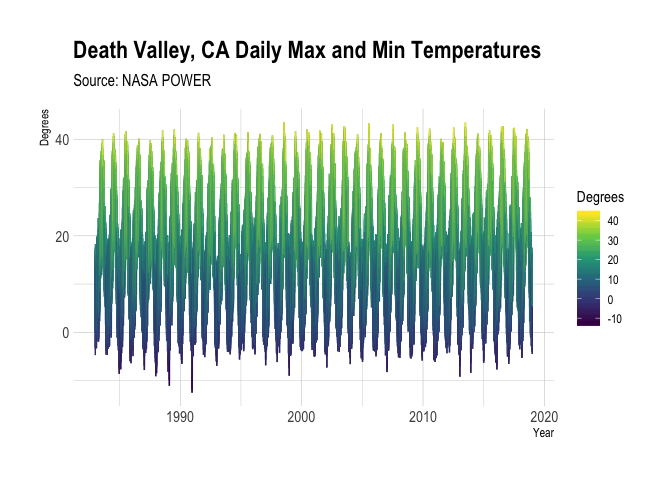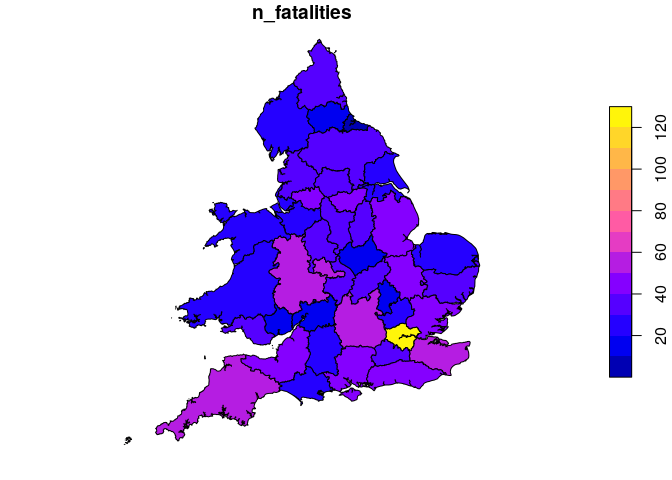
NASA generates and provides heaps of data to the scientific community. Not allof it is looking out at the stars. Some of it is looking back at us here onEarth. NASA’s Earth science program observes, understands and models theEarth system 1 . We can use these data to discover how our Earth is changing,to better predict change, and to understand the consequences for life on Earth.





